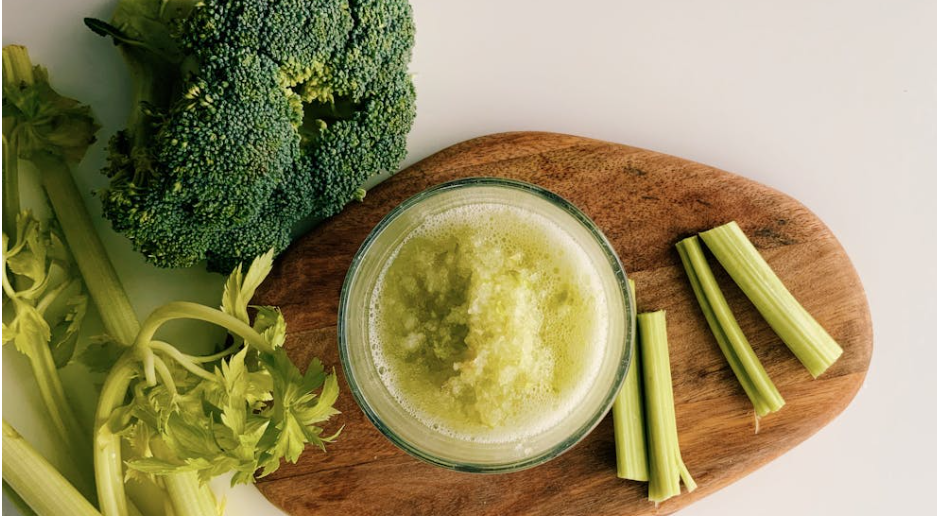In recent years, Sober Living has become a trend in the US. What was once considered a personal choice or a form of moderation is now becoming a natural lifestyle among younger generations who prioritize health and wellness. Especially among Gen Z and Millennials, drinking alcohol is no longer seen as a must, and a new social culture is emerging where people can enjoy themselves without alcohol.
At the heart of this trend are non-alcoholic beverages. Kombucha, vitamin waters, collagen drinks, and other functional beverages are gaining popularity as healthy alternatives to alcohol. Along with this, non-alcoholic bars and sober social spaces are on the rise, offering new places for socializing without alcohol.

📌 Why Gen Z is Choosing Sober Living
The primary reason for choosing sober living is the desire to avoid the negative health effects of alcohol. People are prioritizing mental clarity, better sleep quality, and long-term physical health. The Sober Curious culture, where individuals experiment with drinking less or not at all, has emerged as part of this lifestyle trend.
On social media platforms, hashtags like SoberTok are being used to share the benefits of living alcohol-free, with young people actively exchanging ideas and experiences.

📌 The Growth of Non-Alcoholic Beverages
With the rise of sober living, the demand for non-alcoholic beverages has grown significantly. Kombucha, which is known for its gut-health benefits, and other functional drinks are becoming mainstream. In the US, kombucha sales reached $775 million in 2023, growing at 7.4% annually. Retailers like Whole Foods Market and Lazy Acres Market are expanding their non-alcoholic beverage sections to cater to health-conscious consumers.


The Future of Sober Living and Wellness Beverages
Sober living is not just a passing trend—it’s becoming a significant lifestyle choice. As the demand for non-alcoholic beverages continues to rise, we can expect to see more social spaces and physical environments dedicated to sober living. This trend shows no signs of slowing down, and it presents tremendous opportunities for brands and companies to innovate and meet the growing demand for healthier alternatives.